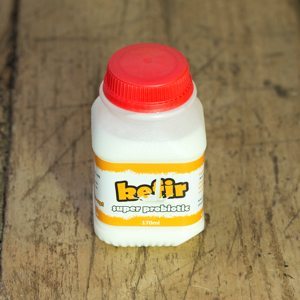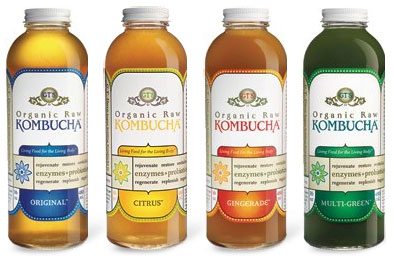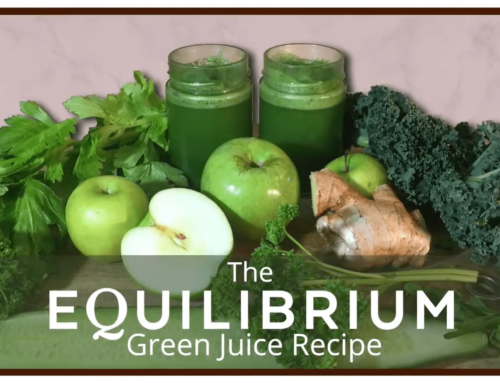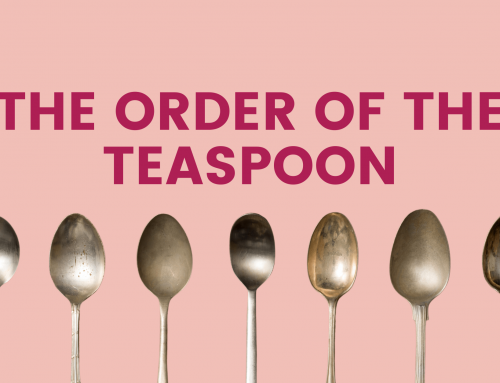A few weeks back i attended the Weston Price Foundation European Conference. Given that the core of the Weston Price Diet is animal products, I kept an open-mind throughout and tried not to feel defensive when one of the speakers described veganism as ‘fasting’ and vegans as a ‘sickly lot’!
One area that really has inspired me into action is fermented foods and the huge health benefits that can be achieved just by incorporating a small amount into your diet on a daily basis. Ever since hearing Donna Gates speak at the Longevity Conference in 2010, I have been aware of the importance of introducing friendly bacteria into our digestive tract.
However, for whatever reason, I haven’t been ready to commit and take consistent action until yesterday. Sure, I have dabbled with the odd glass of kamboucha; I even bought a crate of goat’s milk kefir last year; but fermented foods have not become a regular healthy habit.
All of that, I feel, is about to change after hearing a very powerful lecture on immunity by Dr Natasha Campbell-McBride (pictured), author of the popular GAPs Diet.
Whilst i didn’t agree with all of her theories, her core message that the human immune systems are degenerating due to, amongst other things, too many vaccinations and antibiotics entering our systems from a young age, made perfect sense. She argued that these ‘toxins’ are damaging the bacterial flora in the gut, preventing the immune system from being educated properly through the process of fighting childhood diseases, and, as a result, we have seen a dramatic increase in the number of people getting an Autoimmune condition.
With as much as 70% of our immunity contributed by the bacteria that line our gut wall, a well balanced bacterial flora in our gut is something that we need to focus on if we want good health.
So what’s the solution? Enter fermented foods.
Fermentation 101
If you’re new to fermentation, then let me quickly outline what the fermentation process does to food and drink. Essentially, it allows the bacteria, yeasts and moulds to ‘predigest’ and break down the carbohydrates, fats, and proteins to create ‘probiotics’ which introduce friendly bacteria into our digestive tract.
Fermented products
There are a number of fermented products that you can either prepare yourself or buy and you don’t need to have a huge amount on a daily basis to get the benefit. They taste sour, but are palatable and there are a few different types of fermented products to choose from, such as:
- Kombucha, a biologically active Pro-biotic drink fermented from a living culture, into an interesting tasting drink. This is my favourite.
- Kefir, fermented milk which is made by inoculating cow, goat or sheep milk with kefir granolas.

Goat’s milk kefir
- Cultured vegetables like sauerkraut. You don’t need to eat a lot, just a quarter to a half a cup with each meal to get the benefits.
Cultured vegetables
You can make Kombucha, Kefir or cultured vegeatables yourself or buy it online. The Real Food Company makes a very high potency pro-biotic Kombucha.
If you’re keen to try the DIY route for preparing cultured vegetables, here’s a useful video with Dr Mercola to show you how.
Beware also that not all cultured products are made the same. Many of the brands that you can buy in health food stores or in some supermarkets have been pasteurised. In other words, all of the beneficial digestive enzymes and lactic acid bacteria, as well as valuable vitamin C content, have been destroyed, greatly reducing the nutritional benefits.









